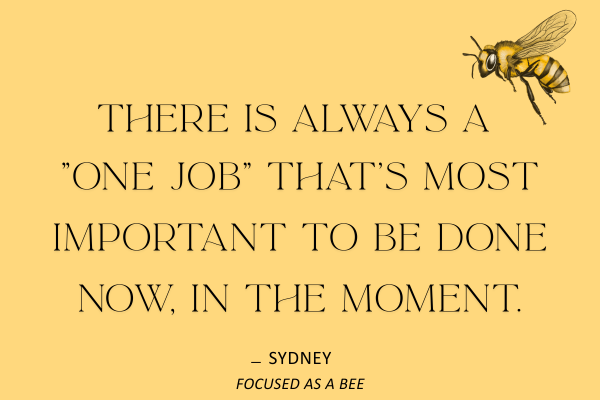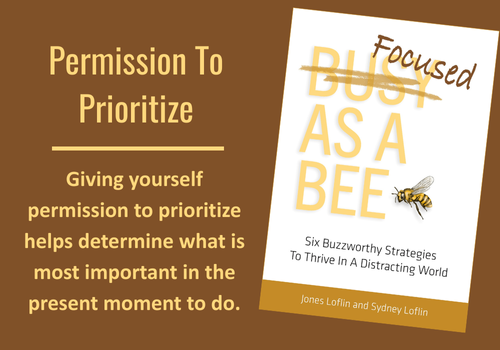Don’t Wait For That 3AM Wake-Up Call
The Chirp That Changed My Night
At 3:11 a.m. the smoke detector delivered its dreaded chirp—a reminder that the batteries hadn’t been replaced on schedule. Middle-of-the-night battery swaps are never fun, but they do often spark unexpected reflection. As the house grew quiet again, it was hard not to think about those smaller “chirps” encountered each day, the persistent signals that often go ignored. These little interruptions tend to steal not only rest, but focus and energy meant for more important tasks.
Little Chirps, Big Distractions
The everyday list grows: overlooked chores, postponed responsibilities, errands left hanging. “I’ll get to it later” becomes the refrain, yet these tasks have a way of surfacing at precisely the wrong moment. Genuine focus, much like the diligence of a bee, calls for intentional action—addressing small issues before they become big distractions.
Three Steps to Silence the Chirps
Here are three practical steps you can use to help you keep those chirps from disrupting your rest and focus:
1. Identify the Chirps
Taking time for a mental inventory often reveals a handful of neglected items—overdue calls, bills stacking up, household fixes waiting on attention. Unattended, these small things eventually demand attention when least expected.
2. Schedule a Time to Fix Them
Noticing the issues is only part of the solution. Making a plan to fix them, such as buying fresh batteries and replacing every detector at a set time, ensures they won’t interrupt again. Marking tasks on a calendar, instead of relying on memory, keeps those chirps at bay.
3. Treat Rest and Focus as Sacred
Uninterrupted rest is vital, and focus powers meaningful work. Preventative maintenance—handling tasks proactively—becomes an investment in future well-being. Protecting these moments means defending what matters most.
Final Thought
Chirps are universal, woven into our many routines and homes. The difference is made in choosing not to ignore them, working proactively to create space for energy and attention to thrive. We have to consciously give ourselves permission to focus, since we naturally give ourselves permission to be distracted. If you would like to discover more about giving yourself permission on how to stay “focused” and not “busy” or “distracted”, click here.






